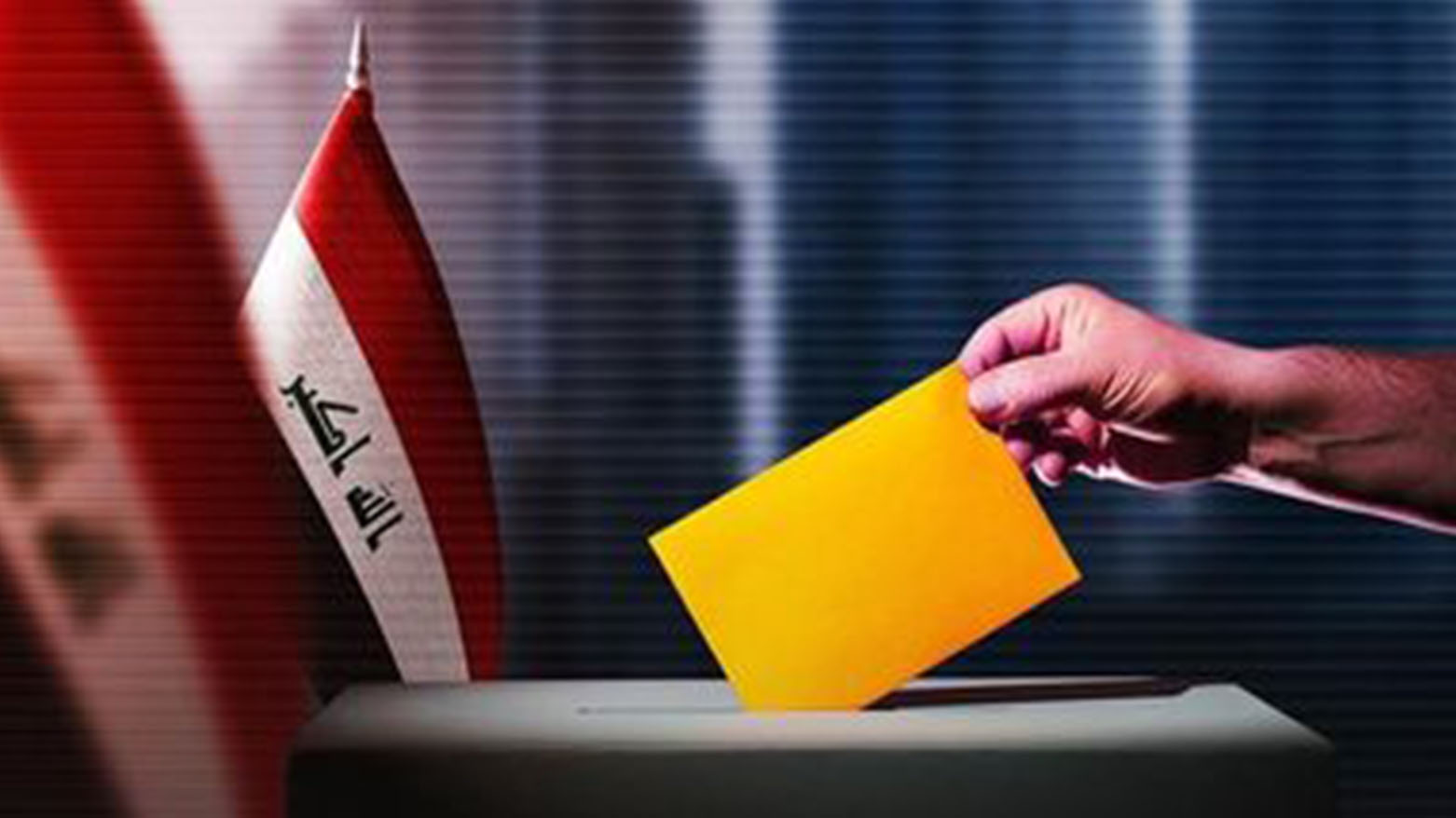Iraq votes for new parliament amid regional and international scrutiny
Iraq's parliamentary elections proceed with established political blocs maintaining dominance amid voter apathy. The process will initiate complex government formation negotiations, including selecting Iraq's next PM.

ERBIL (Kurdistan24) – Iraqis are heading to the polls on Tuesday to elect a new parliament in a vote being closely observed by both Tehran and Washington, as the country stands at the center of a region undergoing profound transformation.
The general elections mark Iraq’s sixth parliamentary vote since the 2003 liberation, held amid a period of relative stability in the oil-rich nation after decades of wars and corruption that deeply eroded its institutions and infrastructure.
More than 21.4 million registered voters are eligible to cast their ballots from 7:00 a.m. to 6:00 p.m., choosing 329 members of parliament for a four-year term.
Despite widespread fatigue and public skepticism, many Iraqis view the process as a necessary, if imperfect, exercise in maintaining political continuity.
“Every four years, we see the same faces return,” said university student Hassan Yassin in Baghdad’s historic al-Mutanabbi Street. “We don’t see young people capable of bringing real change.”
Over 7,740 candidates, about one-third of them women, are competing in this election, though only 75 independents are running outside Iraq’s traditional party alliances. Political observers note that the landscape remains largely unchanged, with entrenched blocs dominating.
“The political scene appears stable,” said political analyst Ihsan al-Shammari, noting that “the same Shiite, Sunni, and Kurdish figures continue to dominate.”
While the vote will determine a new parliament, it will also set in motion the process of electing a new president — a largely ceremonial post traditionally reserved for a Kurd — and appointing a prime minister, a process that could take months of negotiation among Iraq’s leading factions.
Prime Minister Mohammed Shia al-Sudani, who came to power in 2022 following a year-long deadlock, is expected to see his Reconstruction and Development Coalition win a substantial number of seats. However, analysts caution that this does not guarantee his continuation in office.
Sudani’s government, backed by the Coordination Framework — a bloc of Shiite parties aligned with Tehran — has sought to maintain Iraq’s neutrality amid the region’s multiple crises, earning cautious praise for preventing instability from spilling into Iraq.
Though running separately, these Shiite parties are expected to unite post-election to form the largest parliamentary bloc.
Absent from the race, however, is influential Shiite cleric Muqtada al-Sadr, who commanded a strong following and won 73 seats in the 2021 elections, which recorded the lowest turnout in Iraq’s history (41%). His withdrawal from politics over alleged corruption in the electoral process has reshaped the political landscape, leaving a vacuum among reformist and protest-oriented voters.
The election comes as Iraq strives to preserve a delicate balance between the United States and Iran, both of which wield deep influence over the country’s security and politics.
Iran-backed militias — some designated as terrorist groups by Washington — halted rocket and drone attacks on US positions in Iraq and Syria earlier this year, following American airstrikes that targeted their facilities.
The US-led coalition continues to maintain a presence in Iraq to prevent an ISIS resurgence, while Washington presses Baghdad to disarm armed groups outside state control.
US President Donald Trump’s administration recently appointed Mark Savaya as special envoy to Iraq. In a statement last month, Savaya stressed the need for Iraq to remain “free from malign foreign interference, including from Iran and its proxies.”
Meanwhile, Tehran seeks to preserve its regional influence after significant setbacks — including Israel’s 2025 military campaign that targeted Iranian nuclear and military sites, and the fall of the Assad regime in Syria.
Having lost key allies in Damascus and Beirut, Iran is now focused on consolidating its foothold in Baghdad, which has long served as a gateway for extending its regional reach.
As the polls close and ballots are counted, Iraq faces not only the test of forming a functioning government but also of reaffirming its independence and sovereignty amid mounting regional tensions.
Whether the next parliament will usher in reform or reproduce familiar patterns remains uncertain — but the outcome will undoubtedly shape Iraq’s role in a rapidly shifting Middle East.
